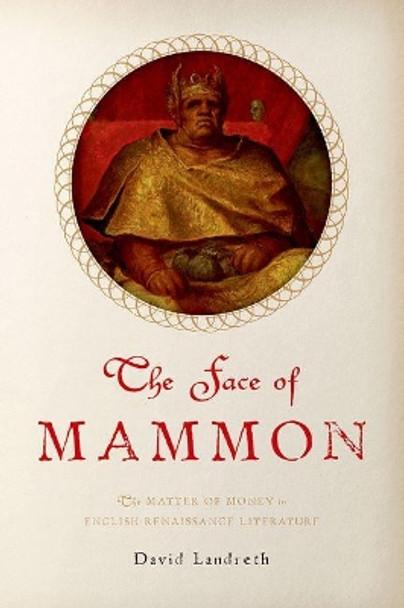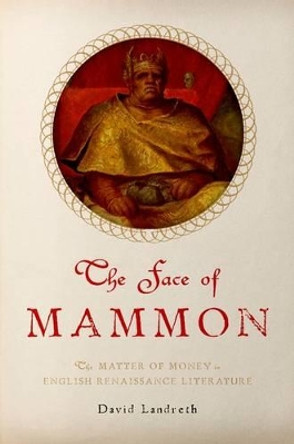Description
About the Author
David Landreth is an Associate Professor of English at the University of Calfornia, Berkeley.
Reviews
The Face of Mammon is a refreshing addition to the steadily growing body of scholarship on money in the literature of the early modern period.... Landreth's richly evocative book is at its best when he discusses the ethical, religious, and political implications of the materiality of actual coins and the images stamped on them, a subject to which he returns throughout the book. * Modern Philology *
[A] striking, consistently intelligent study...The critic writes sharply and wittily throughout.... [T]his is a book that Elizabethanists in general, and Shakespeareans in particular, will not want to miss. Highly recommended. * CHOICE *
I don't know what to admire more: David Landreth's nuanced account of price inflation in the sixteenth century, his detailed descriptions of the debasement and clipping of coinage, his philosophical grasp of the ontology of the money form, or his striking and original readings of early modern authors. This is an indispensable contribution to our understanding of economy and literature. * Richard Halpern, author of Shakespeare's Perfume: Sodomy and Sublimity in the Sonnets, Wilde, Freud, and Lacan *
If, as the saying goes, 'money talks,' its most loquacious avatar is the Mammon of early modern writing. And Mammon's most astute listener is David Landreth, who hears in the prosopopeia that lends voice to early modern money the prehistory of capitalist conceptions of matter, value and social relations. * Jonathan Gil Harris, author of Shakespeare and Literary Theory *
Landreth offers a fascinating account of the ways in which the matter of money mattered in Tudor England by revealing the many faces Mammon assumed in a wide array of literary and cultural texts. We have always known that money talks; Landreth teaches us how to listen. * Natasha Korda, author of Labors Lost: Women's Work and the Early Modern English Stage *
[A] splendid book. * Renaissance Quarterly *
Book Information
ISBN 9780190628222
Author David Landreth
Format Paperback
Page Count 362
Imprint Oxford University Press Inc
Publisher Oxford University Press Inc
Weight(grams) 476g
Dimensions(mm) 150mm * 231mm * 23mm





